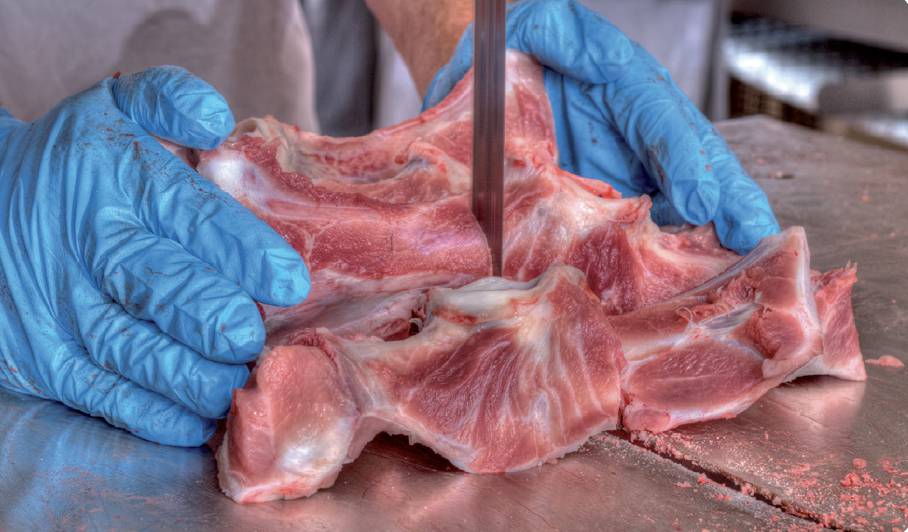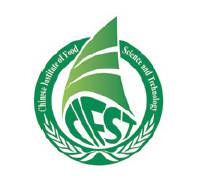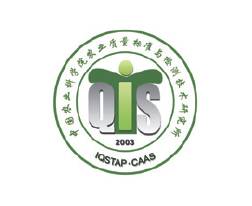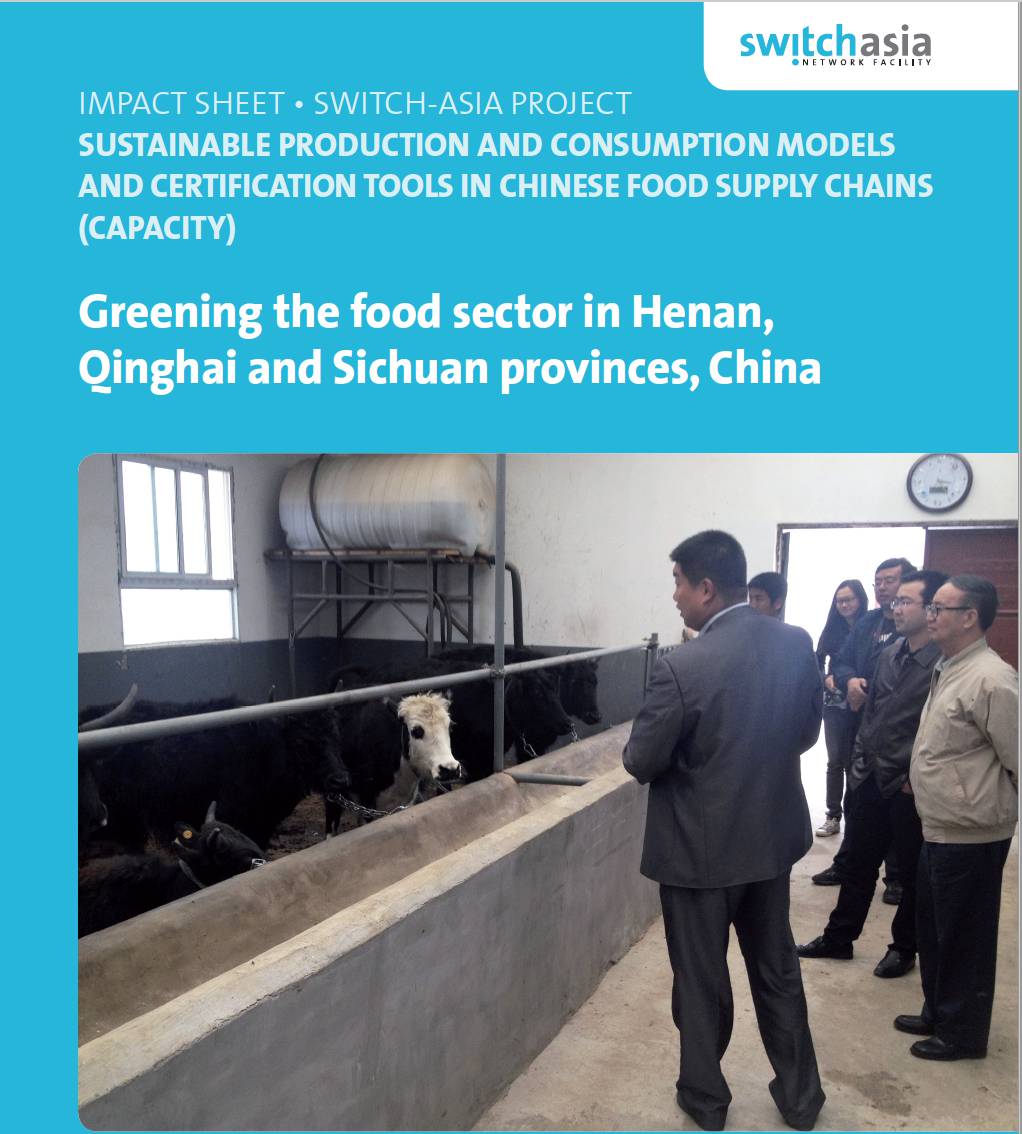
The Challenge
In China food industry represents a crucial motor for the development of local economy and the society. However it reports serious impacts threatening its sustainability, such as a) the environmental impacts (water and energy consumptions and emission of highly organic waste water), b) globalisation and changes in consumers' preferences contributing to the demise of traditional production systems and small companies, c) ethical, health and safe working conditions that are not always ensured (insufficient occu-pational health and safety measures, limited employment for women and young people, obsolete training programmes), and d) consumers’ concern on product quality.
The Objectives
The CAPACITY project aims to provide food SMEs in Sichuan, Henan and Qinghai Provinces with the necessary tools to implement sustainable production and consumption (SCP) practices, especially in the meat processing sector.
The specific objectives include:
- To assist SMEs to adopt best practice in SCP and comply with international food safety regulations and standards, enhancing their integration into global supply chains and markets;
- To ensure the replication of successful approaches and methodologies by increasing the capacity of business membership organisations (BMOs) and government agencies;
- To promote consumers’ informed choices regarding sustainable and eco-efficient produced foods.
The Way Forward
- Building Capacity of Food Supply Chain Actors
- Creating Awareness
- Supporting SCP Policy Implementation
- Design for Sustainability Method (D4S)
- Framework for Certification and Eco-Label Scheme
- European-Asian Cluster
- Guideline for Best Manufacturing Practices
- Improving Regulatory Framework
Duration:
04/2013 - 03/2016Total Budget:
EUR 1 563 635.76 (EU contribution: 80%)Contact Detail:
Mr. Jokin Garatea Project Coordinator,
GAIA Parque Tecnológico de Zamudio
Edif. 103, 2ª planta. 48170 Zamudio, Bizkaia, Spain
Email: [email protected]
Lead Partners

Association of Industries for Electronic and Information Technologies in the Basque Country (GAIA)
Partners

China Agricultural University
China General Chamber of Commerce
China Meat Association
China Society of Commodity Science

Chinese Institute of Food Science and Technology



